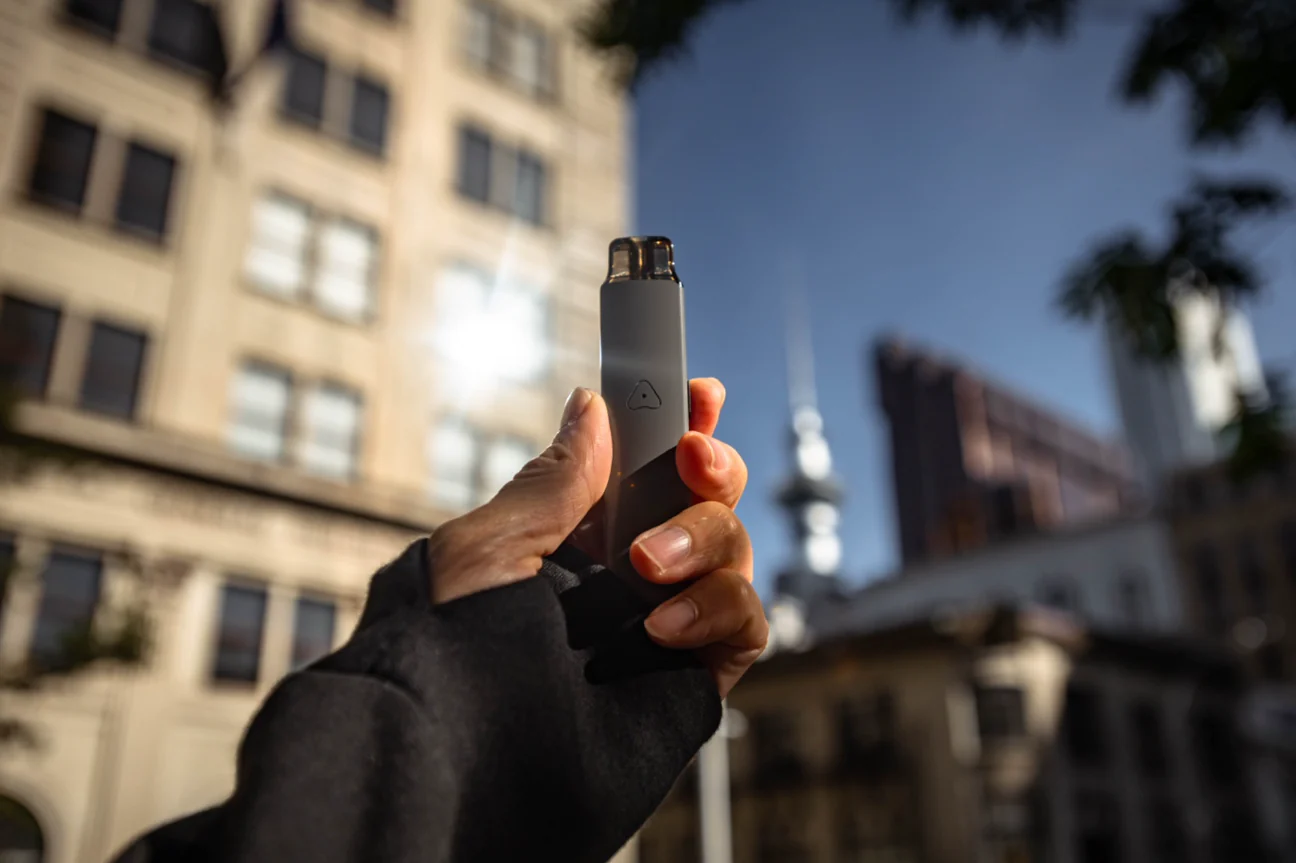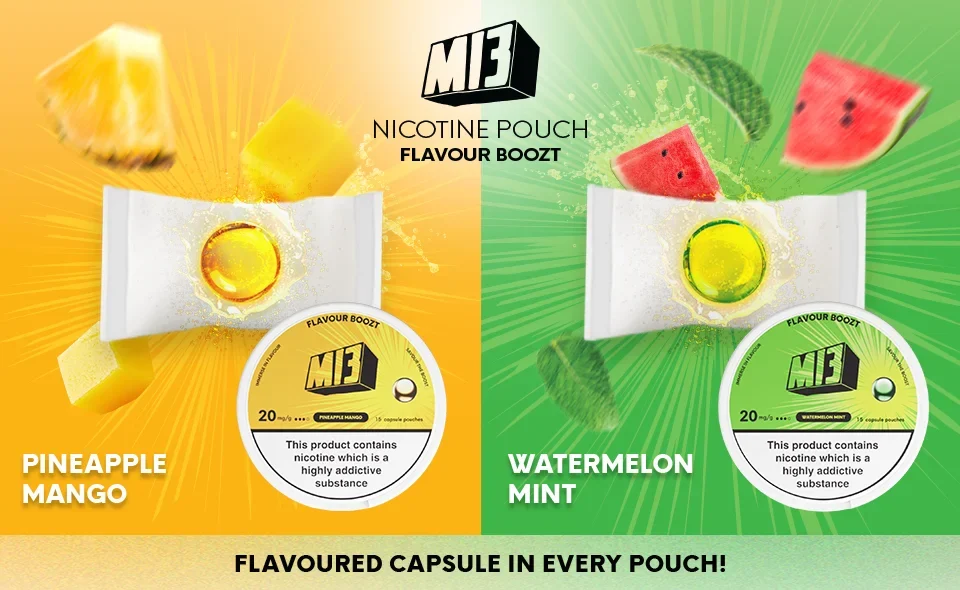In late June of 2022, the FDA ordered JUUL to pull all its e-cigarette products from the US market, sending a jolt through the vaping industry.
The reason behind this radical decision? An alleged rise in youth vaping was spurred on by the easy accessibility of JUUL devices and pods. Representatives from JUUL challenged the ban in court.
The ban was temporarily suspended less than a month later, in early July 2022, when a federal appeals court ruled that JUUL could provide sufficient scientific evidence addressing all toxicological concerns. Initially, the FDA banned JUUL e-cigarettes to protect public health. Currently, a three-judge panel is reviewing the case. JUUL pods and devices are still on sale in the US for now. But why is the FDA trying to remove them from shelves? And what does this mean for the future of e-cigarettes in the USA?
E-cigarettes Help Adult Smokers Quit
It is widely supported that cigarettes lead to premature deaths in 50% of users and cause a host of life-altering illnesses like lung disease and cancer. However, it has been scientifically concluded that vaping is far less harmful than smoking. e-cigarettes contain nicotine which is addictive, but nicotine itself is relatively harmless compared to the many other toxic chemicals in cigarettes.
Smokers trying to quit cite e-cigarettes as the preferred method over nicotine gums, pouches, and lozenges. Often this is because of the similar hand-to-mouth motion between inhaling cigarettes and e-cigarettes. An e-cigarette pod contains the same amount of nicotine as an entire pack of cigarettes. Many cigarette smokers can reach a pack-a-day habit. In comparison, one pod typically lasts all but the heaviest of users several days. For social smokers, one pod for a device like the AirsPops can last anywhere from days to weeks. The result is less nicotine consumption and, by extension, fewer withdrawal symptoms when transitioning from smoking to vaping.
Why single out JUUL in particular for banning?
Although e-cigarettes have existed long before JUUL, they never gained mainstream traction. Cigalikes didn’t deliver enough hit experience to replace cigarettes adequately. At the same time, box mods of that era were bulky, cumbersome and required too much preparation and maintenance for someone needing a quick fix. JUUL revolutionised e-cigarettes in 2015 by introducing pod mods using nicotine salt-based e-liquids. With nicotine salt pod systems, users were able to get sufficient nicotine to curb their cravings to prevent relapse where freebase liquids would be too harsh at that nicotine amount. Pod mods were also much more accessible, cheaper and easier to use and became a viable means to quit smoking. It’s no surprise that JUUL dominated the US market to become a household name and globally recognised brand even among non-smokers. Unfortunately, though it is now adamantly against teen vaping, in its early years, JUUL was prominently advertising aiming at the underaged. When the FDA began its crackdown on e-cigarettes, JUUL was the biggest and most obvious target.
Opponents of E-Cigarettes Fight Against Youth Vaping
Media coverage of vaping and e-cigarettes has created paranoia and misinformation. In the US, vaping is depicted as more dangerous than smoking and a cause of EVALI (popcorn lung) despite the science saying vaping is far less hazardous. Laws attempting to curb youth vaping have disrupted adult smokers’ attempts to quit.
Opponents call e-cigarettes “gateway” devices to smoke when, again, the research provided by The Surgeon General does not provide a clear link between youth vaping and future cigarette smoking. Indeed, comparing health websites in the US and the UK, you’ll find prominent US-based health websites generally hold a poor opinion of e-cigarettes, while the UK advocates in their favour, having made vaping part of its anti-smoking campaign.
Other large-scale studies have found that an insignificant number of adolescents trying e-cigarettes became cigarette smokers or tobacco product users in adulthood. Teen cigarette smoking overall has been declining over the last 25 years, with a significant decline since the introduction of e-cigarettes to the market. If anything, both underage and adult smoking are at an all-time low globally.
The FDA Says e-cigarettes Do Not Help Adults Quit Smoking.
The FDA’s focus on addressing youth vaping should not blindside it to e-cigarettes’ vital role and contributions. The debate around vapes must not become an all-or-nothing, zero-sum game. E-cigarettes have helped millions of users quit smoking to date and reclaim their health and vitality. The question should be restricting teen access, taking action on unscrupulous vape shops and eliminating black market vapes instead of banning vapes altogether, which will likely cause many users to return to cigarette smoking. This is the exact fear many vapers have over the JUUL ban.




